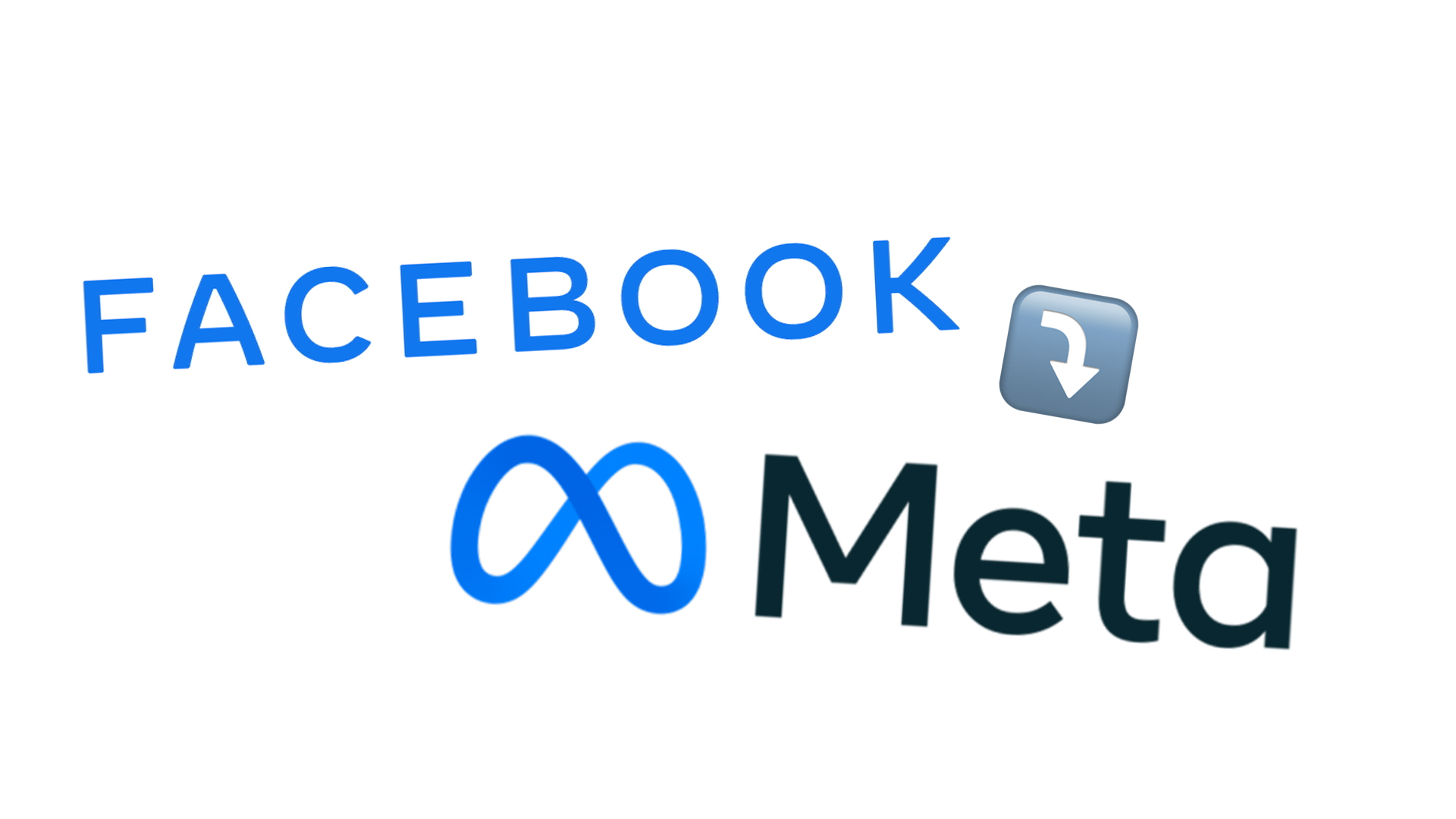Tech
EU Regulators Accuse Meta of Antitrust Violations Over New Ad-Supported Service

Meta, the parent company of Facebook, faced allegations from EU regulators on Monday for failing to comply with the bloc’s landmark antitrust rules concerning its recently introduced ad-supported social networking service. The European Commission criticized Meta’s subscription model, labelling it a “pay or consent” scheme. This model forces users to either pay to use Meta’s platforms without ads or consent to their data being processed for personalized advertising. This ad-supported subscription service was introduced for Facebook and Instagram in Europe last year.
EU Commission’s Preliminary Findings
The Commission’s preliminary view suggests that this binary choice compels users to agree to the combination of their personal data, thereby failing to provide a less personalized but equivalent version of Meta’s social networks. In a statement on Monday, the regulators emphasized that users should have access to a service that utilizes less of their personal data for ad personalization.
Meta’s Response
A Meta spokesperson responded to the allegations by stating that the company’s ad-supported subscription model adheres to the directives of the highest court in Europe and complies with the Digital Markets Act (DMA). “We look forward to further constructive dialogue with the European Commission to bring this investigation to a close,” the spokesperson added. Meta introduced this new model following a ruling from the European Court of Justice last year, which allowed companies to offer an alternative version of their service that does not rely on data collection for ads.
Commission’s Critique
Despite Meta’s justification, the Commission found two key issues with Meta’s ad-supported offering. First, it doesn’t allow users to choose a service that uses less personal data but is still equivalent to the personalized ads-based service. Regulators asserted that users should be able to access an equivalent service with reduced data usage for ad personalization.
Digital Markets Act (DMA) Enforcement
The DMA, enforceable since March this year, aims to curb anti-competitive practices by large digital companies and mandate them to open up some of their services to rivals. Companies found in breach of the DMA could face substantial fines, potentially up to 10% of their global annual revenue, and for repeated breaches, this figure could rise to 20%. For Meta, a breach of the DMA could result in a penalty as high as $13.4 billion, based on the company’s 2023 annual earnings.
Next Steps for Meta
Following the receipt of the EU’s preliminary findings, Meta has the opportunity to defend itself in writing. The Commission’s investigation, launched in March alongside two other probes into tech giants Apple and Alphabet, will conclude within 12 months from the start of the proceedings.
Meta’s compliance with the EU’s antitrust rules remains under scrutiny, as the company navigates these regulatory challenges while attempting to align its business practices with the DMA’s requirements.
Tech
Alibaba Opens AI Video Generation Model for Free Use Globally

Chinese tech giant Alibaba has made its latest AI video generation models freely available worldwide, intensifying competition with rivals such as OpenAI.
The company announced on Wednesday that it is open-sourcing four models from its Wan2.1 series, its most advanced AI model capable of generating images and videos from text and image inputs. These models will be accessible via Alibaba Cloud’s Model Scope and Hugging Face, making them available to academics, researchers, and businesses globally.
Following the announcement, Alibaba’s Hong Kong-listed shares surged nearly 5%, continuing a strong rally that has seen the stock gain 66% in 2025. Investors have been optimistic about the company’s growing role in AI and its improving financial performance, buoyed by recent policy signals from Chinese President Xi Jinping supporting the domestic private sector.
Alibaba’s move aligns with a broader trend in China, where companies are increasingly embracing open-source AI. In January, DeepSeek, another Chinese firm, shook global markets by revealing that its AI model was trained at a fraction of the cost of competitors, using less-advanced Nvidia chips. Both Alibaba’s and DeepSeek’s models are open-source, meaning they can be downloaded and modified freely, unlike proprietary AI models such as those developed by OpenAI, which generate direct revenue.
The shift towards open-source AI has sparked debate over whether AI models will become commoditized. While companies like Meta are leading the open-source push in the U.S. with their Llama models, Chinese firms have been particularly aggressive in this space, aiming to drive innovation and build global AI communities.
Tech
VP JD Vance Pledges to Protect U.S. AI and Block Its Weaponization

Vice President JD Vance reaffirmed the U.S. commitment to safeguarding its artificial intelligence and semiconductor technologies, vowing to block efforts by authoritarian regimes to weaponize them.
Speaking at France’s AI Action Summit in Paris, Vance warned that some nations have exploited AI for military intelligence, surveillance, and foreign data manipulation. “This administration will block such efforts, full stop,” he stated. “We will safeguard American AI and chip technologies from theft and misuse, work with our allies and partners to strengthen and extend these protections, and close pathways to adversaries attaining AI capabilities that threaten all of our people.”
While he did not directly name China’s AI model DeepSeek, which has drawn global attention for its competitive performance at a lower cost, Vance criticized heavily subsidized technologies exported by authoritarian states. “We’re all familiar with cheap tech in the marketplace that’s been heavily subsidized and exported by authoritarian regimes,” he said.
In a pointed message to allies, Vance cautioned against collaborating with companies linked to such regimes, arguing it would compromise national security. “Chaining your nation to an authoritarian master that seeks to infiltrate, dig in, and seize your information infrastructure never pays off,” he added.
The U.S. has ramped up efforts to control AI development and chip manufacturing, tightening restrictions on exports to China and strengthening alliances in the tech sector.
Tech
Bitcoin and Ether Plunge as Trump’s Tariffs Spark Global Market Jitters

Cryptocurrencies took a sharp hit after President Donald Trump imposed sweeping tariffs on Canada, Mexico, and China, triggering a global risk-off sentiment among investors.
Bitcoin dropped 2% on Monday to $95,722.77, after trading above $102,000 over the weekend, according to Coin Metrics. Meanwhile, the U.S. dollar index, which typically moves inversely to Bitcoin, climbed by nearly 1%.
The impact was even more severe on other digital assets. Ether (ETH) plunged 12% to around $2,600, down from $3,300 on Friday. The CoinDesk 20 index, a broader measure of the crypto market, sank 16% since Saturday, compared to Bitcoin’s 6% decline.
Shares of crypto-related companies were also affected, with Coinbase and MicroStrategy each losing about 5% in premarket trading.
Market Braces for More Volatility
The sell-off began Saturday evening, just hours after Trump signed an executive order slapping a 25% tariff on imports from Mexico and Canada and a 10% tariff on China. The U.S. conducts about $1.6 trillion in trade with these three countries, raising fears of a potential trade war.
According to James Davies, CEO of Crypto Valley Exchange, traders are unwinding leveraged positions as uncertainty looms. “Bulls are de-leveraging massively right now, watching closely to see if this escalates into a full-blown trade war.”
Bitcoin’s immediate support level is at $90,000, with analysts warning that a break below this level could trigger a steeper pullback to $80,000.
Could Tariffs Boost Bitcoin in the Long Run?
Despite the current market turmoil, some investors believe a prolonged tariff war could benefit Bitcoin in the long run. Jeff Park, Bitwise Asset Management’s head of alpha strategies, argues that an extended trade war could weaken the U.S. dollar and lead to lower interest rates, which might push Bitcoin higher over time.
“While Bitcoin is seen as a hedge against inflation and uncertainty in the long run, it still trades like a risk asset in the short term,” said Geoff Kendrick, an analyst at Standard Chartered. He warned that Bitcoin may experience further volatility this month, especially if economic concerns push investors away from risky assets.
With Bitcoin now about 12% off its all-time high of $109,350 set on Jan. 20, seasoned investors remain watchful. Crypto markets have historically endured corrections of 30% or more during bull markets, meaning that traders are bracing for further turbulence in the days ahead.



















